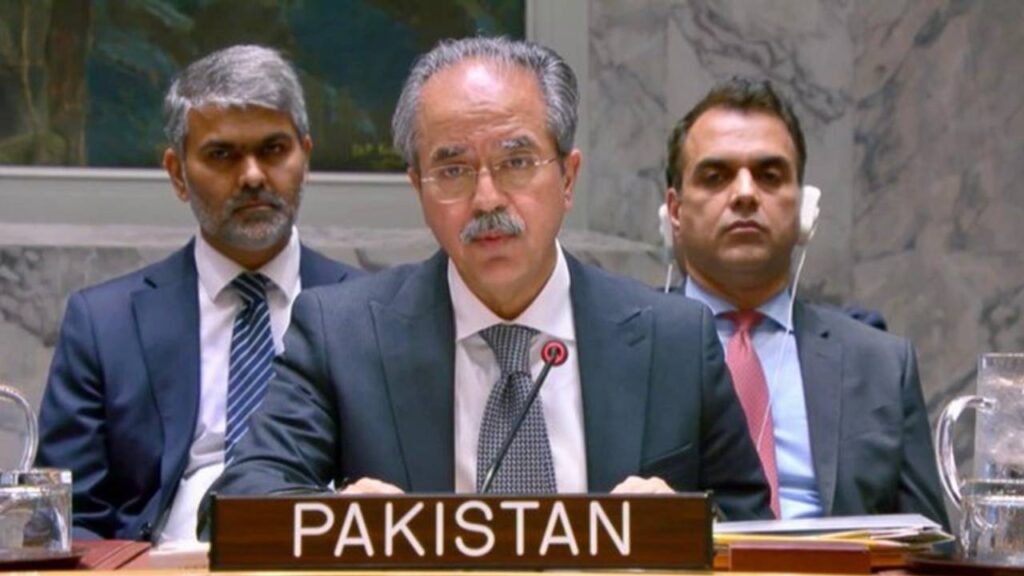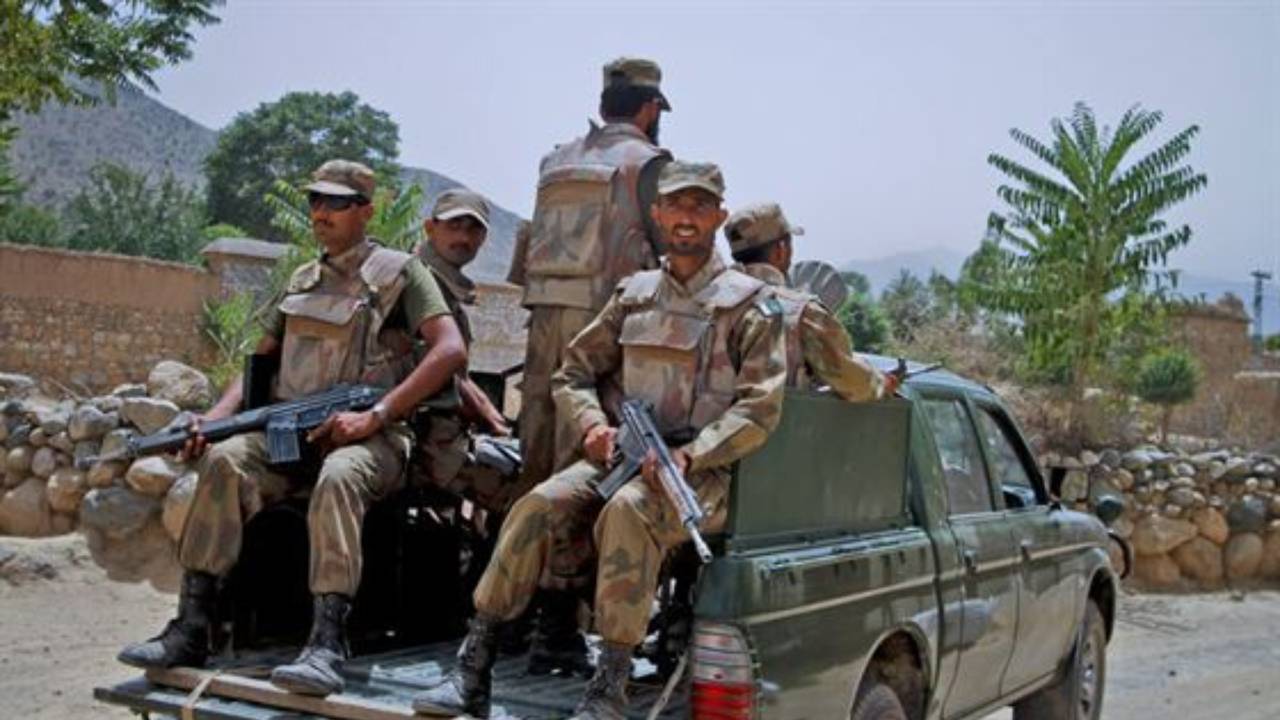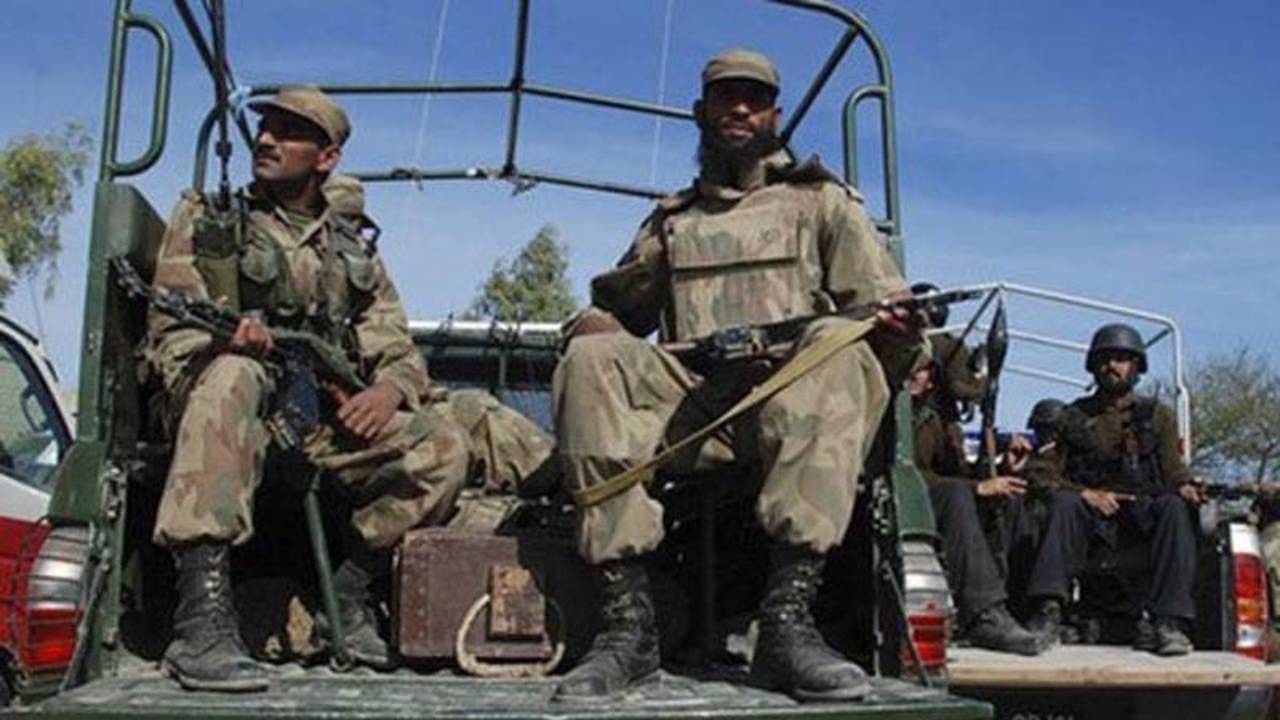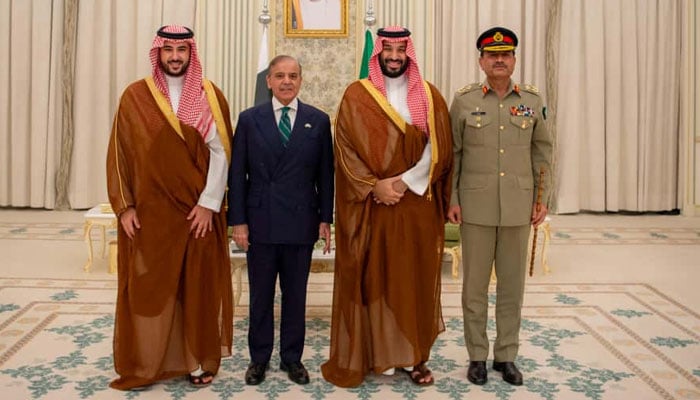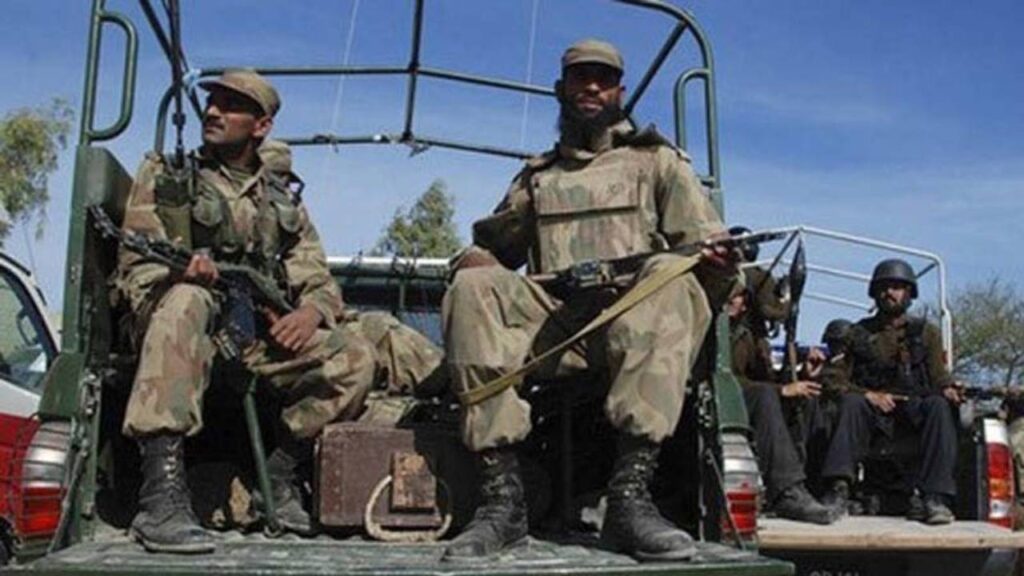Pakistan warned the UN Security Council that terrorist groups operating from sanctuaries within Afghanistan pose the gravest threat to its national security, urging stronger international action against these networks. Pakistan’s permanent representative to the UN, Ambassador Asim Iftikhar Ahmed, stated at a Council meeting on Afghanistan that groups like Al Qaeda, IS-Khorasan, the Tehrik-i-Taliban Pakistan (TTP), the East Turkestan Islamic Movement (ETIM), and Baloch insurgent groups such as the BLA and Majeed Brigade continue to operate with impunity across the border. He presented credible evidence of collaboration among these groups, including joint training, illicit arms trading, providing refuge to terrorists, and coordinated attacks. He noted that over 60 terrorist camps serve as hubs for infiltration, targeting civilians, security forces, and development projects within Pakistan.
The threat extends to cyberspace, with nearly 70 propaganda accounts traced to Afghan IP addresses spreading extremist messaging. Ambassador Ahmed stressed the need for full cooperation from social media platforms to curb these networks. Pakistan and China jointly requested the Security Council’s 1267 Sanctions Committee to designate the BLA and Majeed Brigade as terrorist organizations. He urged swift action on this request.
The TTP, described as the largest UN-designated group on Afghan soil with approximately 6,000 fighters, was also highlighted. Pakistan has thwarted numerous infiltration attempts, seizing caches of sophisticated military equipment abandoned by international forces during their withdrawal from Afghanistan. These efforts, however, come at a significant cost; 12 Pakistani soldiers were martyred in a single incident this month.
While acknowledging that four years of Taliban rule ended decades of civil war, Ambassador Ahmed pointed to Afghanistan’s ongoing struggles with sanctions, poverty, narcotics, and human rights concerns. He lamented that the UN’s 2025 Humanitarian Needs and Response Plan received only 27% of its required $2.42 billion. He also reminded the Council of Pakistan’s decades-long hosting of millions of Afghan refugees, often with insufficient international support.

